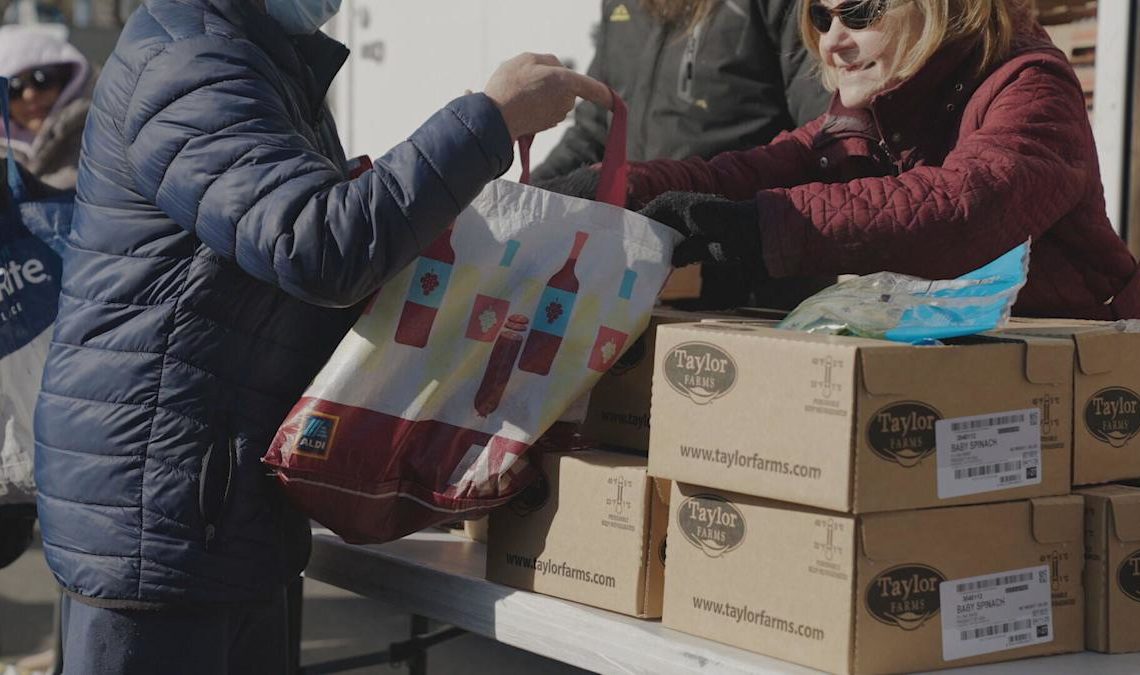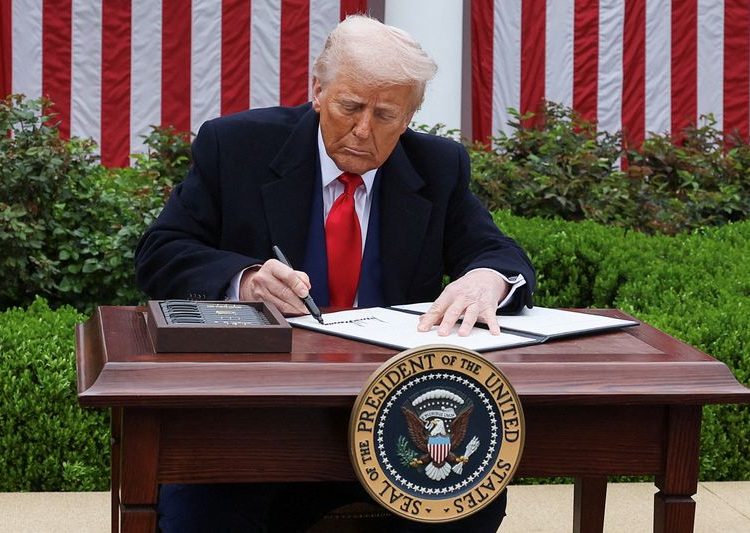Inflation has more people turning to food banks for help, including people with six-figure incomes struggling to feed their families.
Chandra Kelsey of Wallingford, Connecticut, is a mother of three who works full-time as a program director at Yale’s School of Public Health and sometimes takes on a second job to make ends meet. In their household, two people take home a total of $150,000, but it’s often not enough.
“That’s not what you bring home after taxes. You know we have mortgage, insurance. We’ve got one kid on the way to college, one in college. Something as small as a $1,000 expense could throw things off significantly,” Kelsey said.
For Kelsey, food insecurity is a lifelong trauma, having visited food banks as a child.
“To be in a position where you are doing OK and then you lose everything the next day — it’s humbling, it’s scary,” Kelsey said.
Kelsey has relied on help from Connecticut Foodshare, the state’s largest food bank, on and off for over a decade. She and two of her children now give back by volunteering there.
Nationally, more than 50 million people need help getting food from charities, according to food bank network Feeding America. In Connecticut, one in eight people are food insecure, according to Connecticut Foodshare.
“They’re your neighbor. They’re your friend. They could be your family,” said Connecticut Foodshare CEO Jason Jakubowski.
Jakubowski said demand for their food jumped 23% last year. He expects another double-digit increase this year. Recently, he’s seen more demand from people with higher incomes who need help.
“Many of them come to us and say, ‘I donated to you for years and I never in a million years thought I would have to use this service,'” Jabukowski said.
When asked what has changed, he said, “A lot of economic unpredictability.”
Kelsey is scared about her job in the wake of uncertainty over continued government funding of universities such as hers.
“We are trying to be very cognizant that it could be around the corner,” Kelsey said.
In its own way, Connecticut Foodshare is feeling food insecure. Government DOGE cuts last month slashed nearly $2 million dollars from its food budget.
Jakubowski said there’s no way to replace the funding, but he still has hope.
“We still live in America. People always step up to the plate. It may not be enough food, but we’re gonna keep doing whatever we can to try to provide,” Jabukowski said.
White House responds to judge who found cause to hold Trump administration in contempt
Trump’s tariffs are unlawful, California attorney general says amid state’s lawsuit
Reviving a monarch butterfly after a cold night on the forest floor
The post People with higher incomes turning to food banks amid inflation appeared first on CBS News.




